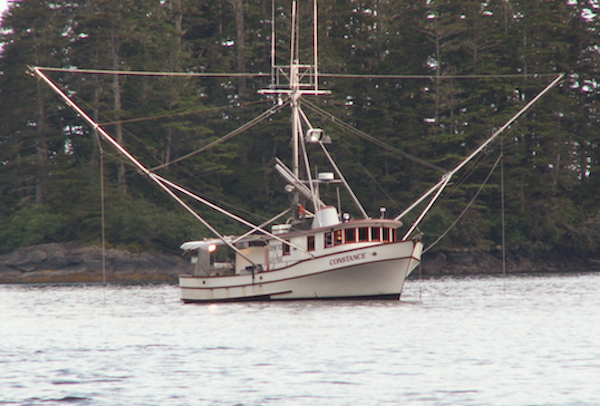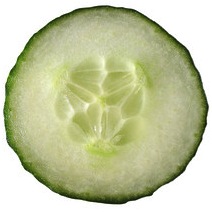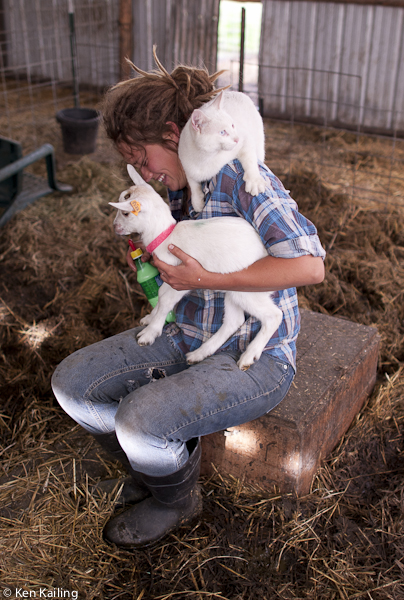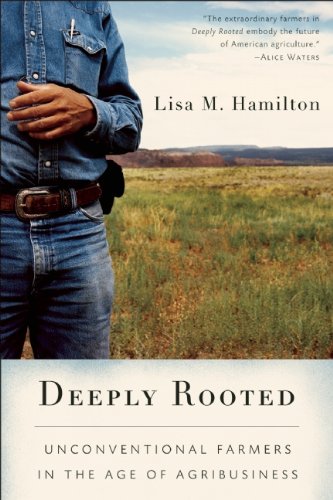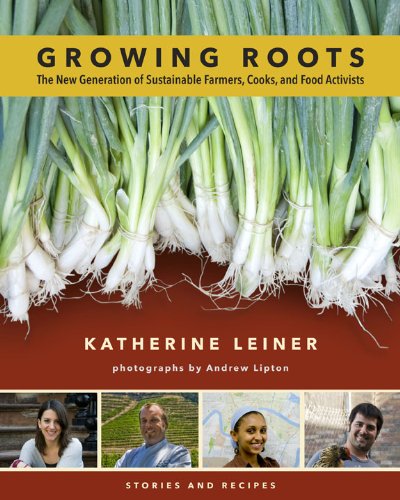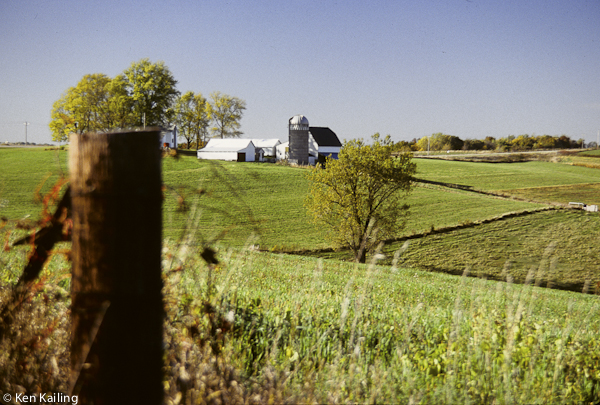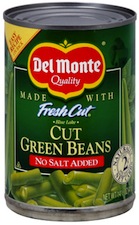Guess What Kind of Fish You’re Eating?
Recent studies have found that seafood may be mislabeled as often as 25% to 70% of the time for fish like red snapper, wild salmon, and Atlantic cod, disguising species that are less desirable, cheaper or more readily available. There are more than 1,700 different species of seafood from all over the world now available for sale in the U.S. Could you tell what kind of fish is on your plate? Or, even harder, what’s in that fish stick or burger?

